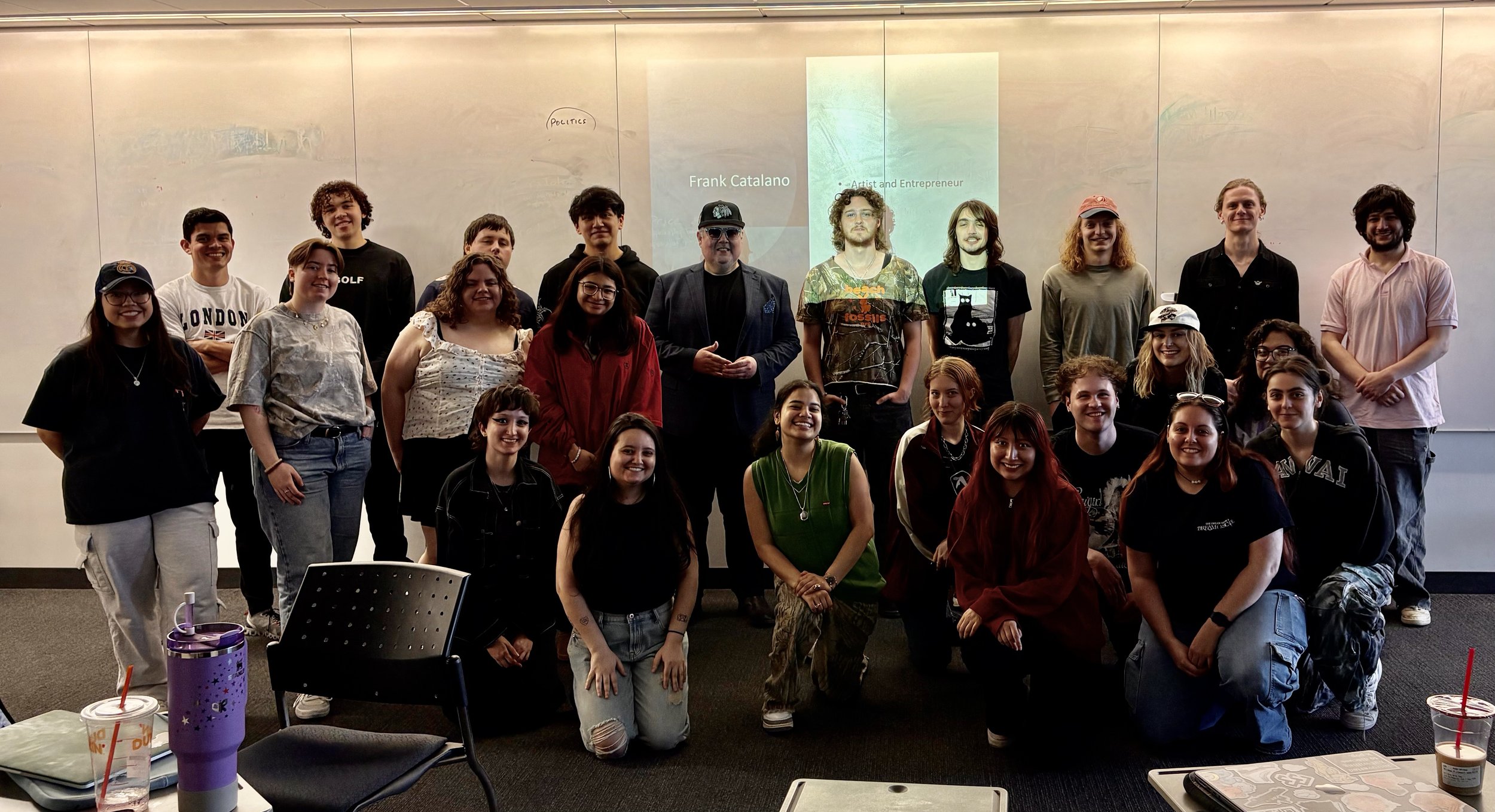
If you’re a hip-hop artist, DJ, in a band, or aspiring for a career in the music business — this book is for you. It’s not the ultimate textbook on the music industry, but it is packed with practical marketing strategies and real-world tools you can use right now to turn your creativity into traction.
This is the Second Edition — fully updated and revised — with insights into how to claim every dollar you’re owed, from copyright registrations to streaming royalties.
We break down what matters: audience targeting, being your own best publicist, optimizing Google, crushing your single release strategy, getting paid from live gigs, tracking data that actually means something — and yes, even taxes.
Authors: Kent Anderson & Jerry Brindisi
Also available in print from your favorite online bookstore.
This isn’t theory — it’s a playbook built from the front lines of the music industry. Written by a team of seasoned professionals — including a data-savvy strategist, a high-volume entertainment CEO, an academic leader in music business education, and a music lifer turned label exec — this book delivers practical, no-fluff strategies for marketing music in today’s chaotic, opportunity-rich landscape.
Whether you’re an artist, manager, student, or entrepreneur, you’ll find proven tactics and real-world insights to help you cut through the noise, build your brand, and move your career forward. Fair warning: if you plan to implement these ideas, prepare to put in the work. Because marketing — just like making music — takes vision, strategy, and relentless commitment.



“Music is indivisible; the dualism of feeling and thinking must be resolved to a state of unity in which one thinks with the heart and feels with the brain.” – George Szell
Szell’s words capture a profound truth about music—it is not merely a collection of notes, rhythms, and harmonies but a unified experience that transcends its individual components. While we can analyze melody, harmony, and timbre in isolation, music is only truly understood when consumed as a whole. This aligns with the psychological principle that the whole is greater than the sum of its parts.